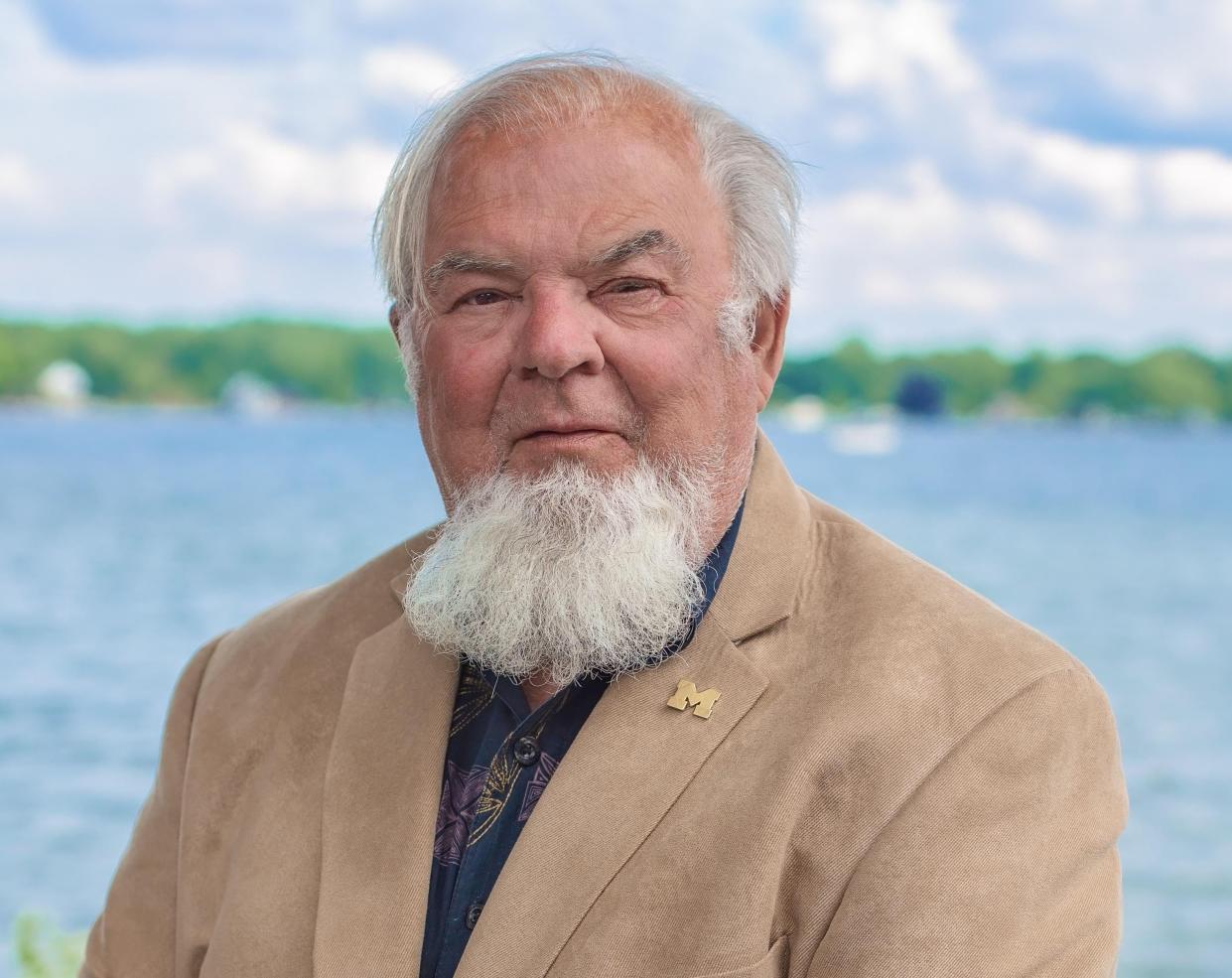Issues of major question doctrine and democracy raised in West Virginia v. EPA

- Oops!Something went wrong.Please try again later.
- Oops!Something went wrong.Please try again later.
The case is West Virginia v. Environmental Protection Agency, June 30, 2022. Major questions regarding our democracy arose between the conservatives and liberals on the Supreme Court. The court held, by Chief Justice John Roberts, that new EPA regulations that would require wind and solar power, and reduce the amount of coal, for electric energy production went beyond the authority of the EPA. Democracy is involved because Congress, the representative of the people, delegates to the EPA the power it exercises. The major question doctrine says that when an agency such as the EPA regulates a very important subject, like our electric power production, the delegation of authority to the EPA to do so must be very clear. The majority of the court, the conservatives, held that in this case it was not clear Congress intended to delegate such broad authority.
Justice Elana Kagan, writing for the liberals, dissented, believing that the said major question doctrine required an extra step, making the delegation process too difficult. She stressed that modern scientific policy is too specialized for Congress to make in any detail and, therefore, delegations of authority from Congress need not be more exact than the statute in question, Section 111 of the Clean Air Act. She concluded that the court, made up of lawyers, does not have the expertise to have the last word on climate policy: “I cannot think of many things more frightening.” The court, she says, should be more “modest.”
The conservatives emphasized fundamentals of democracy, requiring Congress to be in charge. They recognized that the administrative state could leave the people and liberty behind. Roberts held: “Capping carbon dioxide omissions at a level that will force a nationwide transition away from the use of coal to generate electricity may be sensible … But it is not plausible that Congress gave EPA the authority to adopt on its own such a regulatory scheme in Section 111(d). A decision of such magnitude and consequence rests with Congress itself, or an agency acting pursuant to a clear delegation from that representative body.”
Justice Neil Gorsuch, in a concurring opinion, presented the democratic theory lying behind the major question doctrine. First, he lays out the judicial review role of the court: “to ensure that acts of Congress are applied in accordance with the Constitution.”
Second, the separation of powers system requires that Congress makes the law, not the executive, where the EPA is located. In Article I of the Constitution, the people vested all legislative power in the Congress. Gorsuch cites the great chief justice, John Marshall, in an 1825 case: “important subjects … must be entirely regulated by the legislature itself” leaving the executive “to act under such general provisions to fill up the details.”
Separation of powers requires the president to concur in legislation or have his veto overridden by a super majority (two-thirds vote of both houses of Congress). This creates the need for consensus building among interests. Gorsuch writes: “By effectively requiring a broad consensus to pass legislation, the Constitution sought to ensure that any new laws would enjoy wide social acceptance, profit from input by an array of different perspectives during their consideration, and thanks to all this prove stable over time.” (Citing James Madison in The Federalist, No. 10; he cited several papers in The Federalist by Madison and Alexander Hamilton). Gorsuch continues: “Permitting Congress to divest its legislative power to the Executive Branch would ‘dash (this) whole scheme.’”
Third, our federalism, our fundamental structure of government, would be disrupted if Congress were not in charge: “…little would remain to stop agencies from moving into areas where state authority has traditionally predominated,” Gorsuch writes.
Instead of making policy, as Justce Kagan claims, Gorsuch states: “(t)he Court acknowledges only that, under our Constitution, the people’s elected representatives in Congress are the decisionmakers here.” He concludes citing John Marshall again: “(i)t is the peculiar providence of the legislature to prescribe general rules for the government of society.” (Fletcher v. Peck, 1810). Tradition, Tradition, Tradition! Liberals’ feet firmly planted in mid-air.
James W. Pfister, J.D. University of Toledo, Ph.D. University of Michigan (political science), retired after 46 years in the Political Science Department at Eastern Michigan University. He lives at Devils Lake and can be reached at jpfister@emich.edu.
This article originally appeared on The Daily Telegram: James Pfister: Major question doctrine, democracy in W.Va. v. EPA

